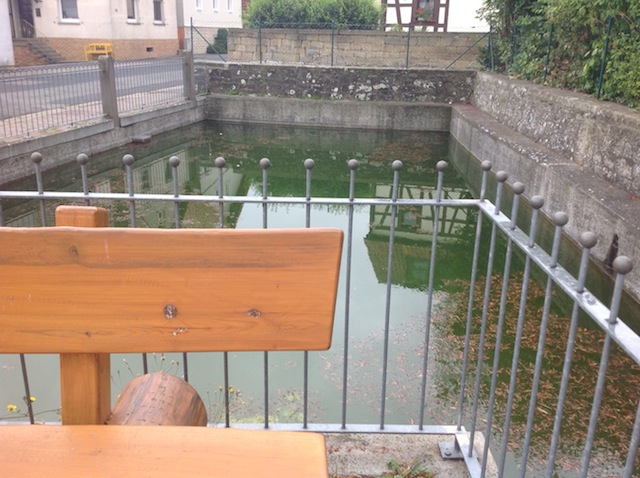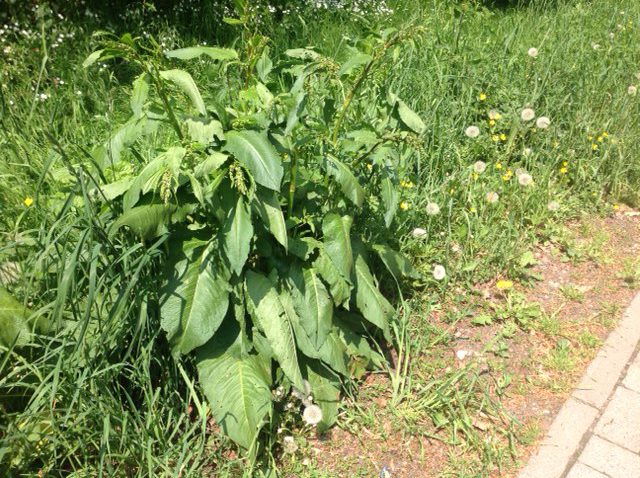This postcard, written in Suetterlin, dates back to a time between 1915 and 1941, when Suetterlin was widely in use.
This form of modern handwriting was introduced by the ministry to be used in offices and schools.
After I learned Latin letters in first grade, the following year (or maybe third grade), we also had to learn to write in Suetterlin style. It is very useful to know now – when browsing archives and old documents in my research.
Gesegnete Weihnacht! = Have a blessed Christmas!

Gesegnete Weihnacht by Margret Savelsberg
I wish all my readers a blissful year-end season, filled with bright lights and happy memories to reflect on.
“I am grateful for all the moments that I have, and I’m moving forward one step at a time to the future.” – Park Bo-gum (박보검)









